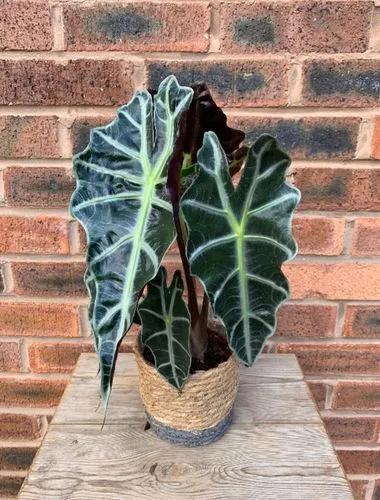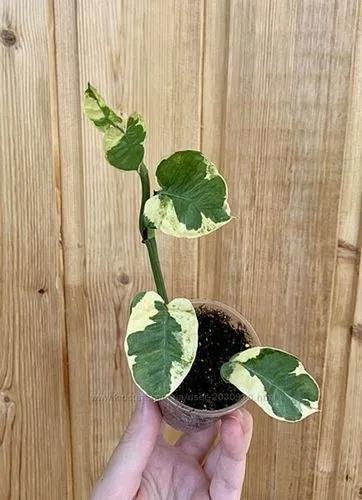This species from the Aloe genus is indigenous to Africa specifically the regions of Ethiopia and Eritrea, where it is considered as one of the most important medicinal plants. Aloe camperi is a perennial, succulent plant with orange flowers and rosette leaves that grow in clusters. The leaves grow up to 60 cm long and leaf base can reach up to 15 cm wide. Like other species from the Aloe genus, it is used for treating skin conditions and as a laxative. However, excess use of Aloe sap as a laxative may cause congestion and irritation of the pelvic organs. Plant exudate is known to have anti-fungal properties. Aloe camperi is also cultivated as an ornamental
Aloe Camperi Care
Nubian Aloe



How to Care for the Plant

Water

It prefers dry soil and can tolerate drought.

Fertilizer

To help establish your new Nubian Aloe, fertilize sparingly a few inches away from the base, tri-annually with a slow time released product. Unfertilized they will tend to grow at a slower pace. Note: The heavy salts in cheaper fertilizers will damage the roots and possibly kill the plant. Its best to use a brand you know and trust.

Sunlight

It can grow in semi-shade (light woodland) or no shade.

Soil

Nubian Aloe enjoy a well drained, organic cactus mix easily found at your local box store. Remember try to stay away from wet or mucky soils.

Temperature

Plants can tolerate occasional temperatures down to around -2c, so long as conditions are fairly dry

Additional

The sap of Aloe species contains anthraquinones. These compounds have several beneficial medicinal actions, particularly as a laxative, and many species of Aloe are thus employed in traditional medicine. Whilst safe in small doses and for short periods of time, anthraquinones do have potential problems if used in excess. These include congestion and irritation of the pelvic organs. Long term use of anthraquinone laxatives may also play a role in development of colorectal cancer as they have genotoxic potential, and tumorigenic potential

Popularity

34 people already have this plant 15 people have added this plant to their wishlists
Discover more plants with the list below
Popular articles






